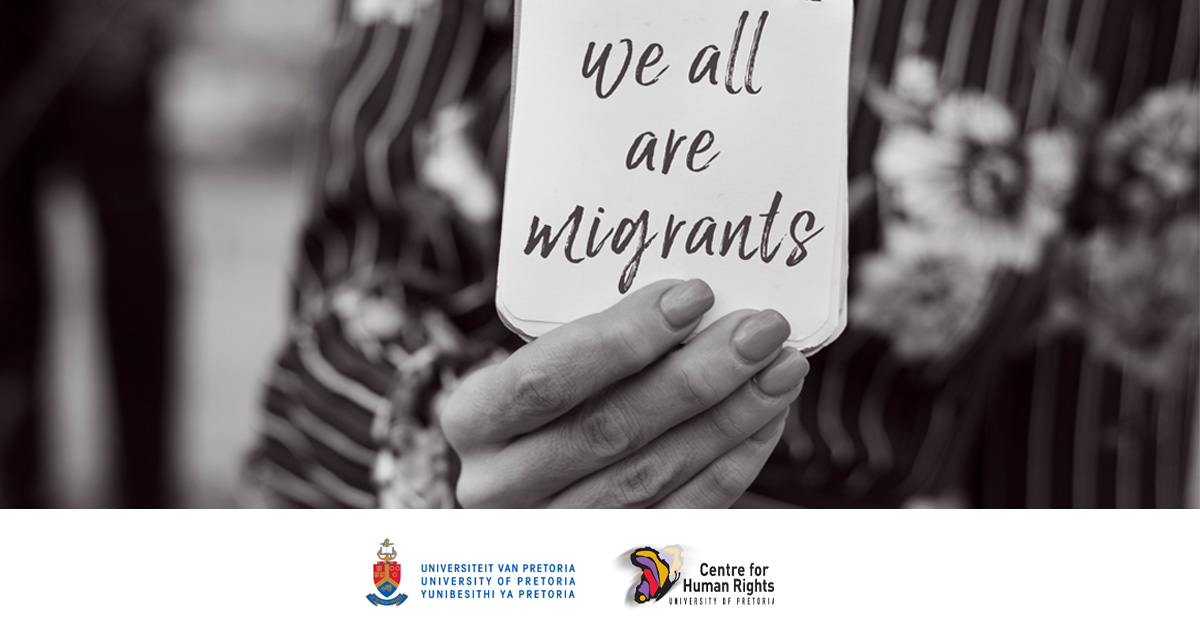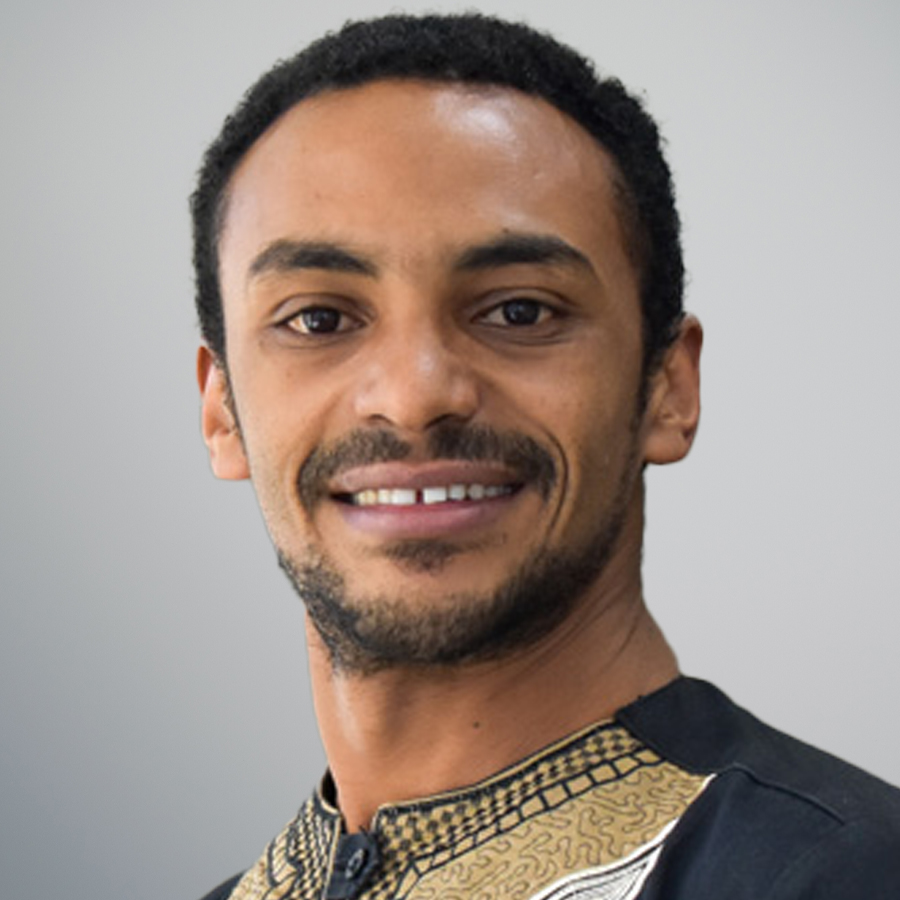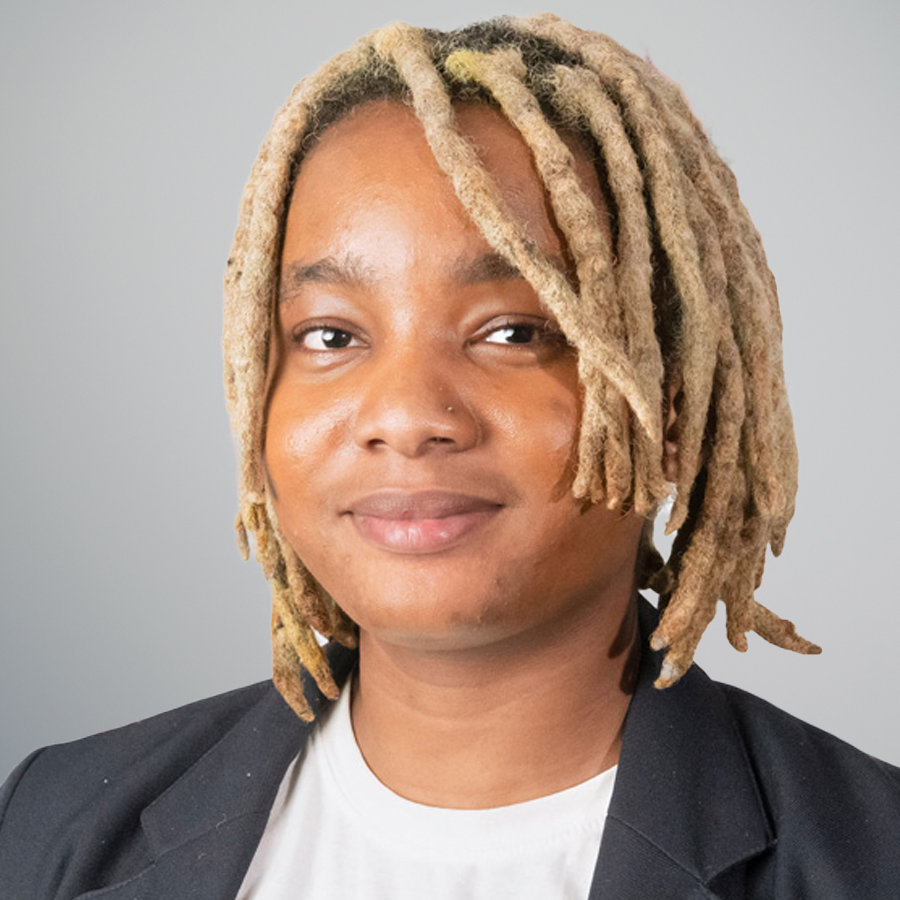On 29 April 2024, the Centre for Human Rights, Faculty of Law, University of Pretoria (Centre), with the financial assistance of the Embassy of Switzerland in South Africa, organised a workshop for grassroots organisations working in the area of the protection of migrants, migrant-led organisations, and migrants’ rights advocates on early warning and urgent response to xenophobic violence in South Africa. This workshop falls under the broader anti-xenophobia project of the Centre, which aims to counter xenophobia in South Africa and enhance the promotion of the rights of refugees and other migrants.
Since major episodes of xenophobic violence in South Africa occur in the context of particular triggering situations or events such as elections, organising the workshop was a timely intervention. In the context of elections, election campaigns laden with anti-immigrant rhetoric may precipitate the occurrence of incidents that result in the outbreak of xenophobic violence. In the lead-up to the South African elections scheduled on 29 May 2024, detecting and analysing the occurrence of such developments and devising appropriate responses is crucial to avert xenophobia-related developments before they spiral into violence. This, in turn, requires a robust legal and institutional framework for early warning and urgent responses to xenophobic violence, and the active involvement of key actors such as migrants, migrant rights advocates, and migrant-led and other civil society organisations working for the protection of the rights of migrants. However, the engagement of these actors with the early warning initiative in South Africa has been limited, and the early warning and urgent response initiative in place needs to be strengthened.
The workshop was organised to address these gaps by facilitating presentations and exchange of views about the early warning and urgent response initiative in South Africa; facilitating a platform for participants to share their experiences and insights; advocating for government action to prevent manifestations of xenophobia and to devise an effective early warning and urgent response to xenophobic violence; and stimulating conversations on strengthening networks among CSOs, between CSOs, partners, and government for information sharing, validation, and urgent responses.
The workshop was conducted in a hybrid format and was attended by 27 physical and 6 online participants from organisations actively working in the protection of refugees, asylum seekers, and other migrants in and outside South Africa. The workshop commenced with the welcoming address of Prof Frans Viljoen, Professor at the Centre and Member of the Advisory Committee of the UN Human Rights Council. Prof Viljoen welcomed participants to the workshop and highlighted the critical significance of early warning and urgent response mechanisms and their utilisation by migrants and their organisations. He stressed the indispensability of a collaborative effort between the government, academic institutions, civil society organisations (CSOs) and all actors in all efforts geared towards countering xenophobia.
The introductory session of the workshop was enriched by the opening remark of Ms Shireen Mukadam, Foreign Policy Advisor of the Embassy of Switzerland to South Africa, Botswana, Lesotho, Eswatini, Mauritius, and Namibia (Embassy of Switzerland). Speaking on behalf of the Ambassador of the Embassy of Switzerland, Ms Mukadam indicated the importance of empirical evidence in early warning and urgent response interventions and further noted that informed coordination and collaboration is essential to avoid the duplication of efforts and to efficiently utilise limited resources. She also stated that one of the pillars of Switzerland’s foreign policy is the promotion of peace, human rights and social cohesion, and the Embassy’s partnership with the Centre forms part of the implementation of this pillar.
Presentations on topics relating to early warning and urgent responses to xenophobic violence were made during the workshop. Presentations dealt with the following diverse but interlinked areas: The importance of interventions to reshape narratives, myths and perceptions about migrants; the legal framework protecting refugees and other migrants in South Africa and the adequacy of existing legal and institutional frameworks to enable early warning and urgent response mechanisms; the National Action Plan to Combat Racism, Racial Discrimination, Xenophobia and Related Intolerance and an overview of the Rapid Response Mechanism; and data trends in xenophobic incidents in South Africa.
The workshop was moderated by Dr Dianah Msipa and Ms Hlengiwe Dube, and presentations and discussions were facilitated by Mr Tendai Mbanje from the Centre for Human Rights; Ms Hlengiwe Mtshatsha from Lawyers for Human Rights; Mr Aubrey Sedupane from the Department of Justice and Constitutional Development; and Ms Silindile Mlilo from ACMS (Xenowatch).
Each presentation was followed by a question and answer session. Additionally, during an interactive session exclusively designed for conversation by participants, participants discussed several issues. Participants underscored the need for strengthening networks and consortiums of CSOs for early warning and urgent response to xenophobic violence. They also described some of the challenges they face in their work and discussed strategies for effective and coordinated advocacy in the future. Furthermore, they spoke about coordinating efforts to pursue strategic litigation, the need to share and use information to inform advocacy efforts and policy reform, the need to plan and coordinate activities tailored to different contexts and to devise short-term and long-term interventions, the importance of outreach activities as part of urgent responses, the need for strengthening verification processes, collaboration among civil society organisations for information sharing and verification, and advocacy for urgent action, and the need to improve their role in the implementation of the National Action Plan.
Mr Lloyd Kuveya, Assistant Director of the Centre, and Mr Abiy Ashenafi, Manager of the Migrants’ Rights Unit, closed the workshop. They reiterated the importance of CSO networks to drive change in the prevention of xenophobic violence in South Africa. They expressed the Centre’s commitment to the protection of the rights of refugees, asylum seekers, and other migrants, and its plan to convene a community dialogue with local community leaders in hotspots of xenophobic violence.
The Centre, through its Migrants’ Rights Unit, will foster collaborations with grassroots CSOs, migrants, and migrant rights advocates through various initiatives, and will continue to advocate for the formation of a robust early warning and urgent response mechanism in South Africa. Along with other academic institutions and CSOs, it seeks to continue conducting advocacy and other interventions.
The Centre is deeply grateful to the Embassy of Switzerland for making this workshop possible through its financial support.
For more information, please contact:
Tel: +27 (0)12 420 3151
victoria.amaechi@up.ac.za




